"If I put the same watts on the bike that Lance Armstrong had in 2000, I'll climb the Alpe d'Huez five minutes slower" - World Tour pro on doping questions in cycling
CyclingTuesday, 04 March 2025 at 09:10
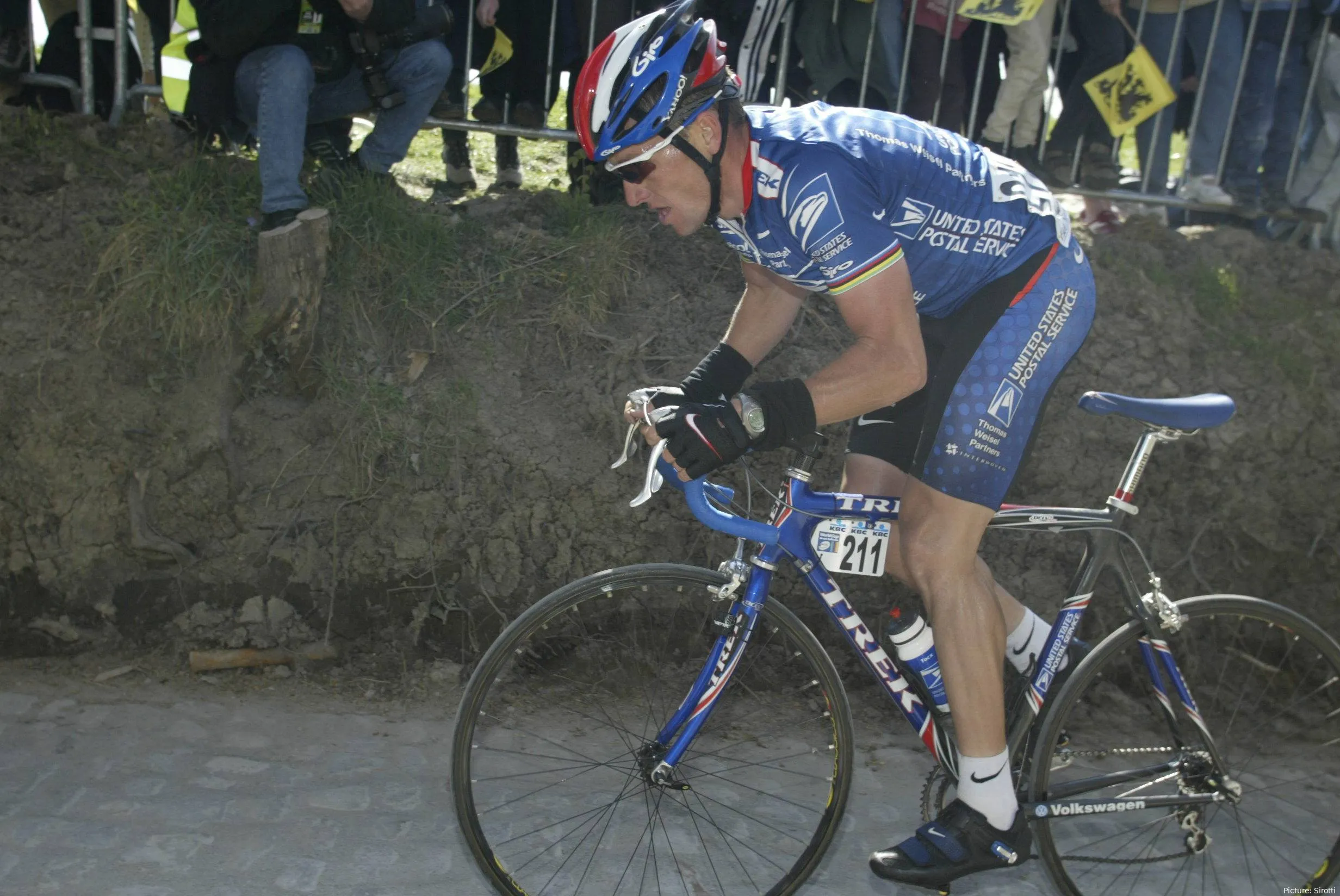
French cyclist Nans Peter, currently with Decathlon AG2R La Mondiale and a stage winner in the 2020 Tour de France, was asked about doping in cycling and brought up a curious example with Lance Armstrong as a model.
The man from Grenoble, who will turn 31 on March 12, is clear that cycling is one of the sports most closely monitored by the anti-doping authorities in words to Radio France:
"To answer the question of doping, I hope there is no doping. After that... no, it's impossible. In any case, I hope it will be very limited. We have a lot of controls, more than in any other sport, a lot of vigilance. I think we are one of the cleanest sports. Unfortunately, we have been victims of the image of a doping sport".
Read also
It speaks of a new generalized strategy for performance enhancement that has nothing to do with doping he argues: "I think we've replaced this form of doping, which was all about performance, with optimizing aerodynamics, weight, nutrition and altitude training. Today, that's how you achieve performance."
And he gives an example of how he believes cycling has evolved in terms of materials in recent years, comparing the material he has with that of the beginning of the century: "Tomorrow, if I put the same watts on the bike that Lance Armstrong had in 2000, I'll climb the Alpe d'Huez five minutes slower than I did on my bike today. But in reality, it will be five minutes. It's huge."
Obviously, it is clear that the technological evolution of cycling is enormous, but it was also enormous in the 90's if we compare it with those of 20 years earlier. The sport never stops evolving in all aspects and to say that the improvement in nutrition and materials is something of this era is not true. When Miguel Induráin brought out the famous 'sword' bicycle for the time trials in the nineties, it was a huge leap. As were the helmets and the change of materials in the jerseys.
Read also
claps 24visitors 17
Just in
Popular news
Latest comments
- So Happy for Wout. A kind gentle giant. He is arguably the most criticize person in the Peleton from all these talking heads. So happy for Wout!TideRide3227-07-2025
- Oh Maria, as if everyone has to be equivalent to Tadej now and immediately. Is there any point to others still competing other than to continue helping to show Tadej is the best. Who do you suggest other teams should employ to do better than Jonas and Remco & co? Should they make offers to UAE?Mistermaumau27-07-2025
- Yes but EF is not coming from the same place as QS so sponsor expectations are unlikely to be the same.Mistermaumau27-07-2025
- not few yearS, Remco is only 1 year, 3 months younger. Tadej 9/1998, remco 1/2000
 maria2024202427-07-2025
maria2024202427-07-2025 - No, poor Almeida, he deserves to be captain without conflictive elements in the team. Ayuso had his opportunity in the Giro, now is Almeida time.
 maria2024202427-07-2025
maria2024202427-07-2025 - It was an exciting finale to watch. Chapeau to Mavi Garcia for a most excellent and unexpected victory.
 santiagobenites27-07-2025
santiagobenites27-07-2025 - That’d be interesting team dynamics if UAE sent Ayuso and Almeida to the Vuelta again. Not much love lost there.mobk27-07-2025
- Her team shafted the wrong rider last year, and gave this rider way too much moneysimon27-07-2025
- 4 stages, 3 riders - I think they made noise at this years tour.mij27-07-2025
- Alpecin has basically built the wolfpack on their team. look at their results and how they ride. strong in the spring, 3 stages in the tour, stints in 2 jerseys.mij27-07-2025

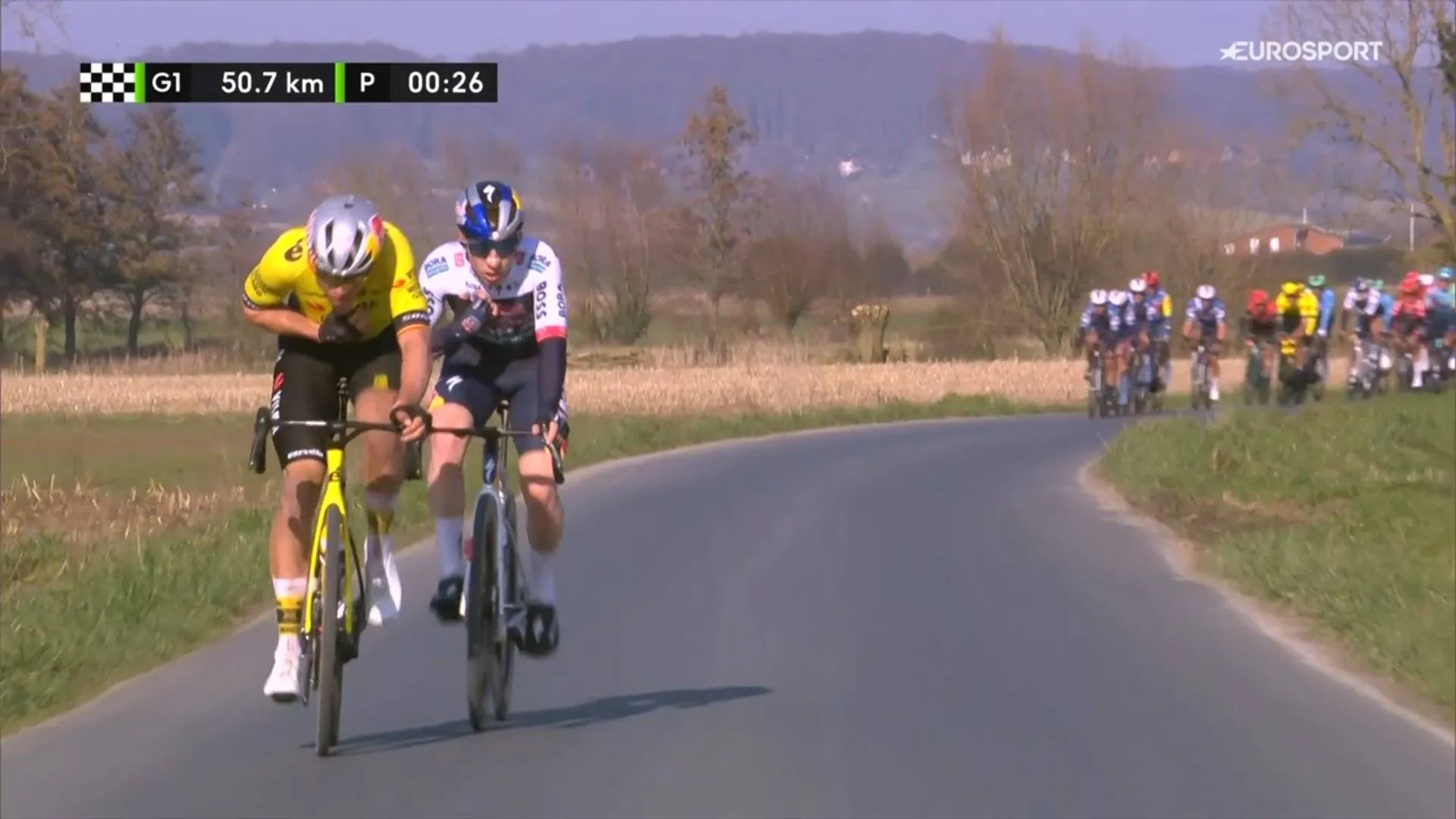
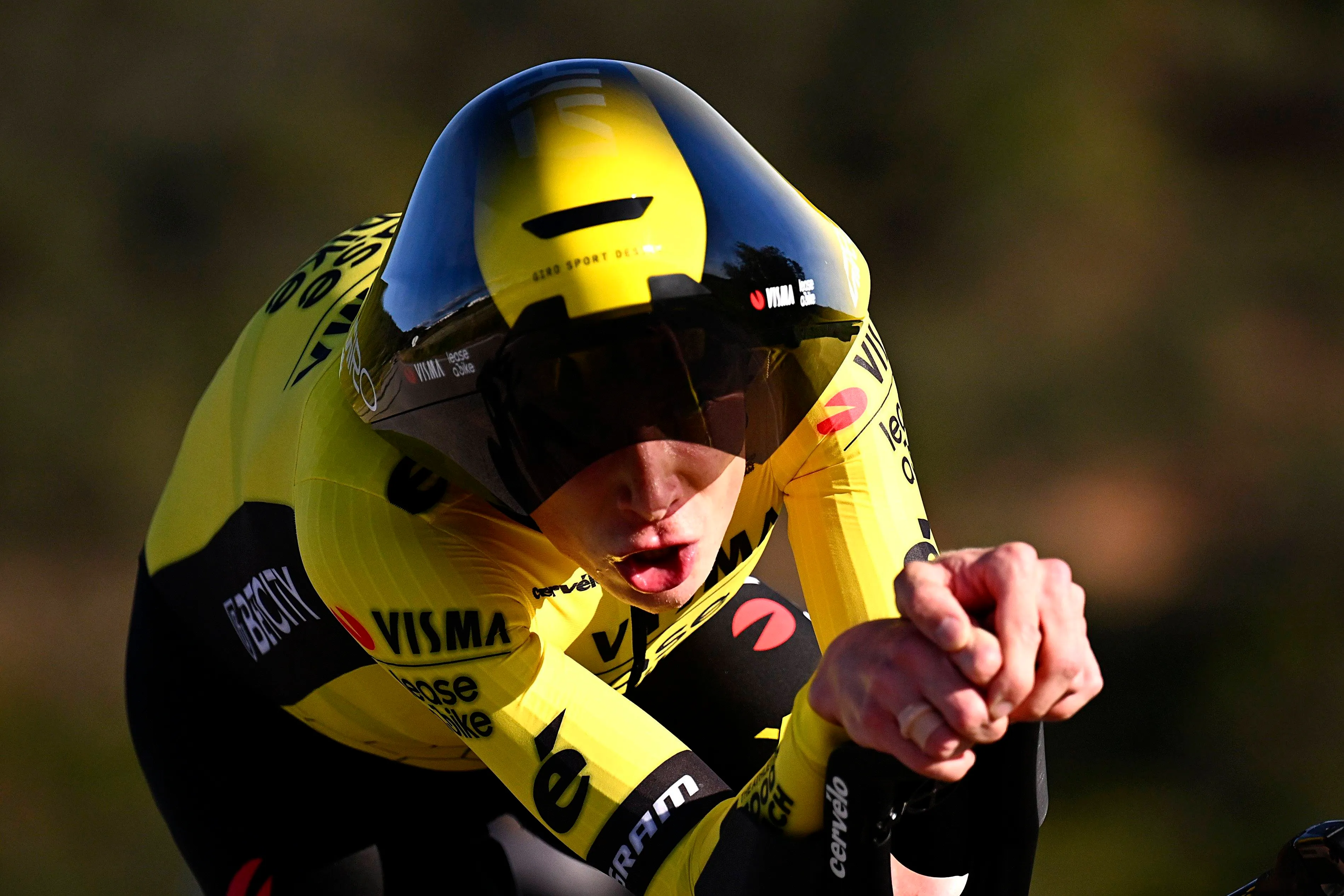
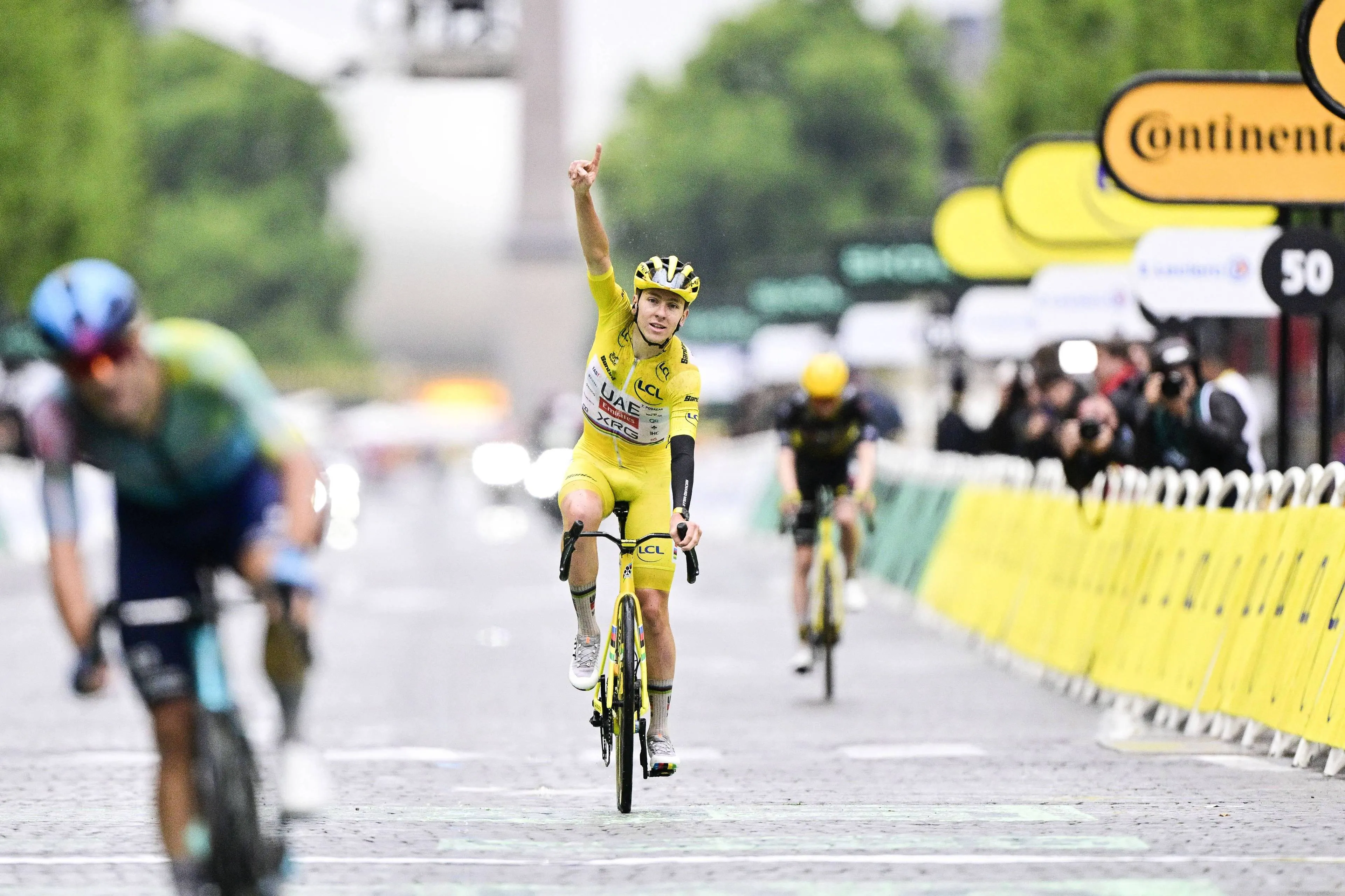
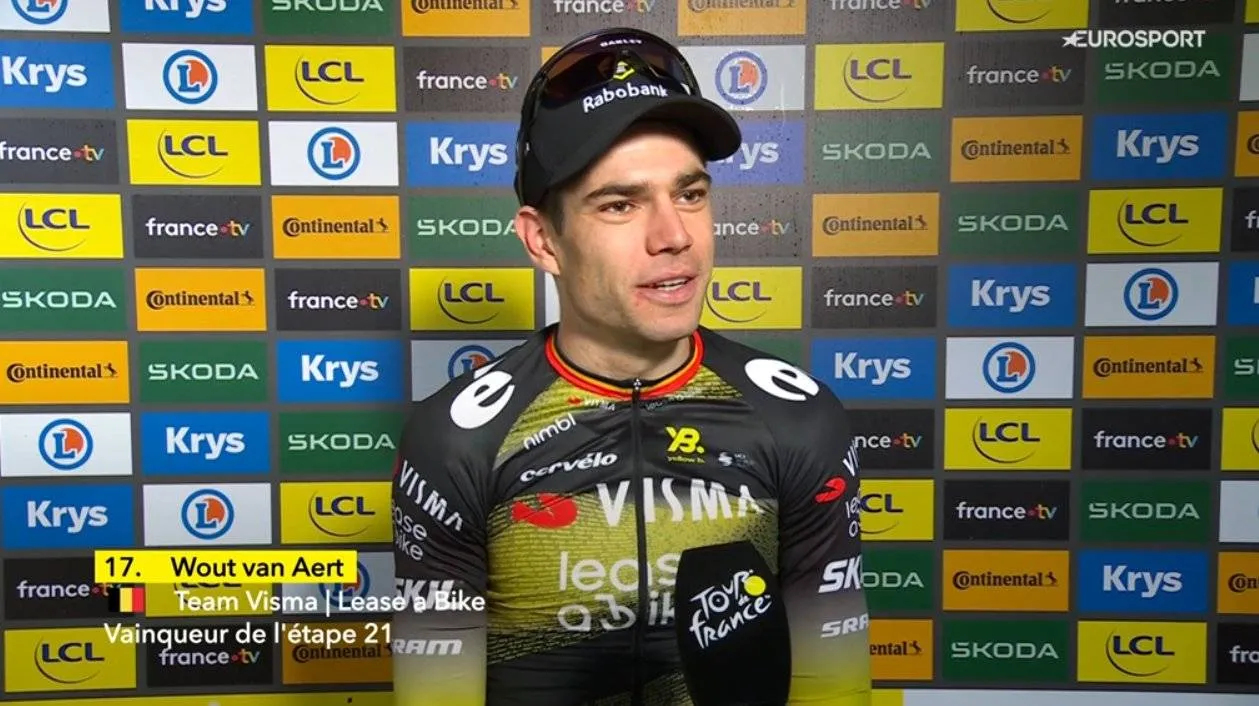
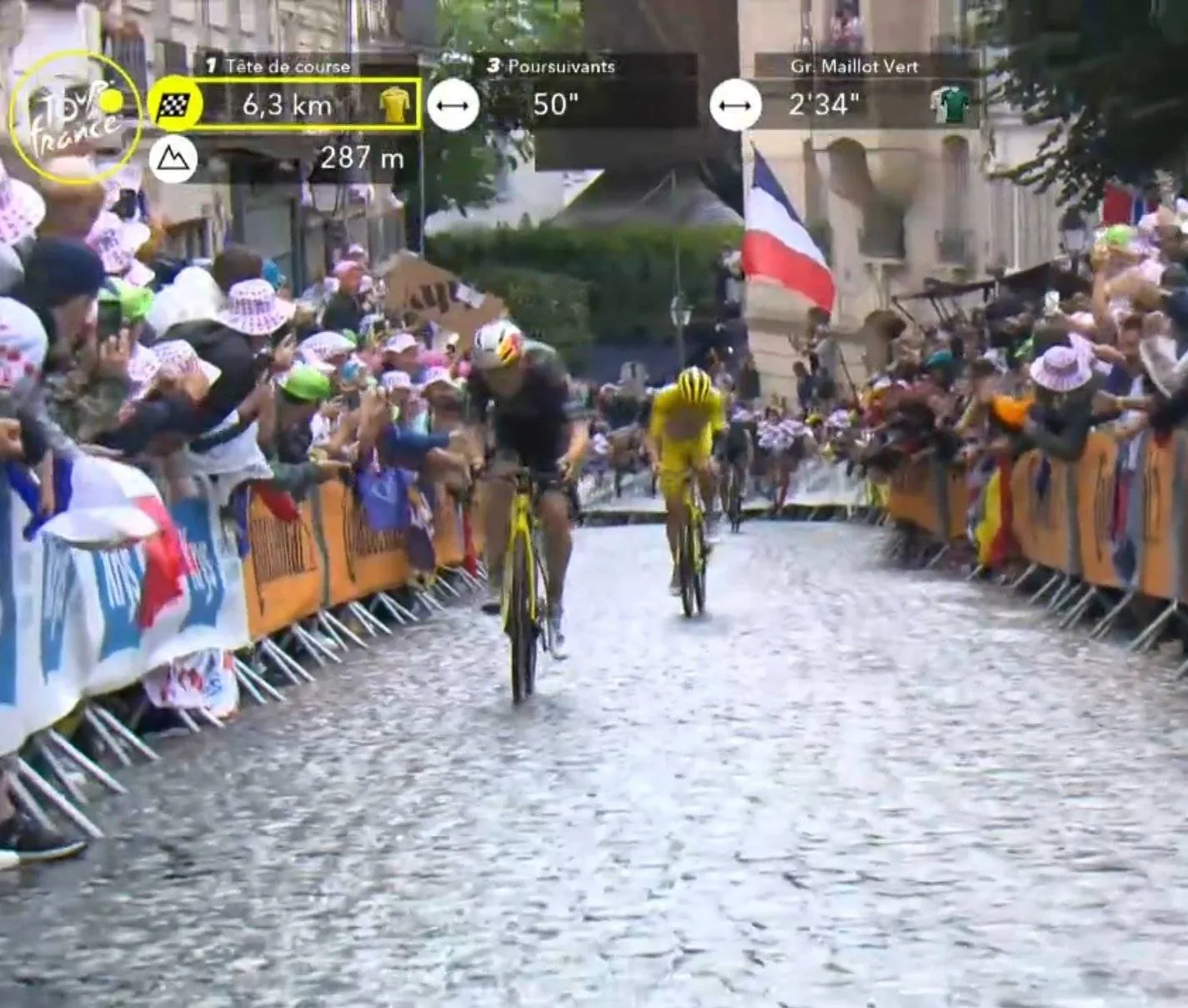
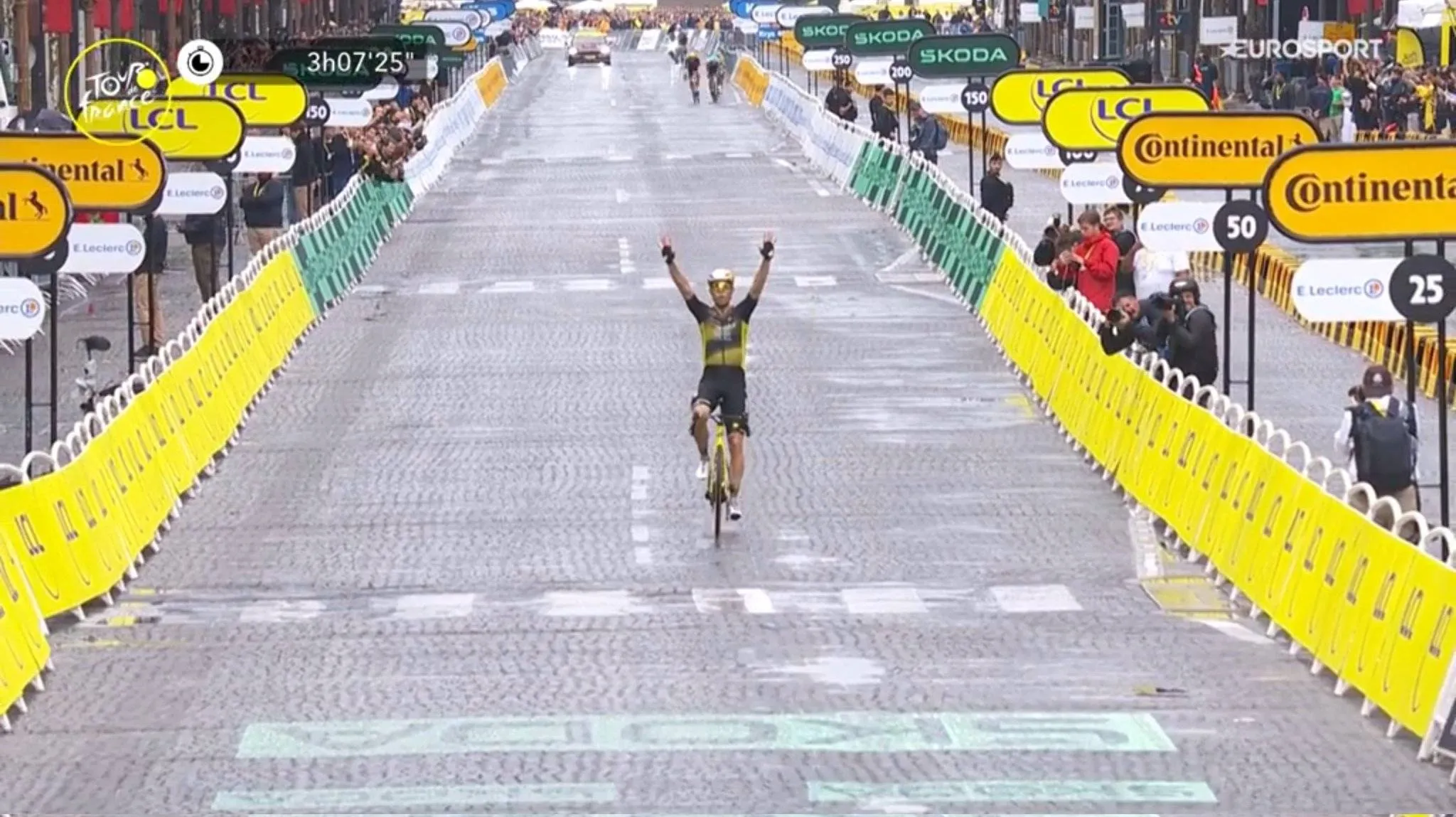
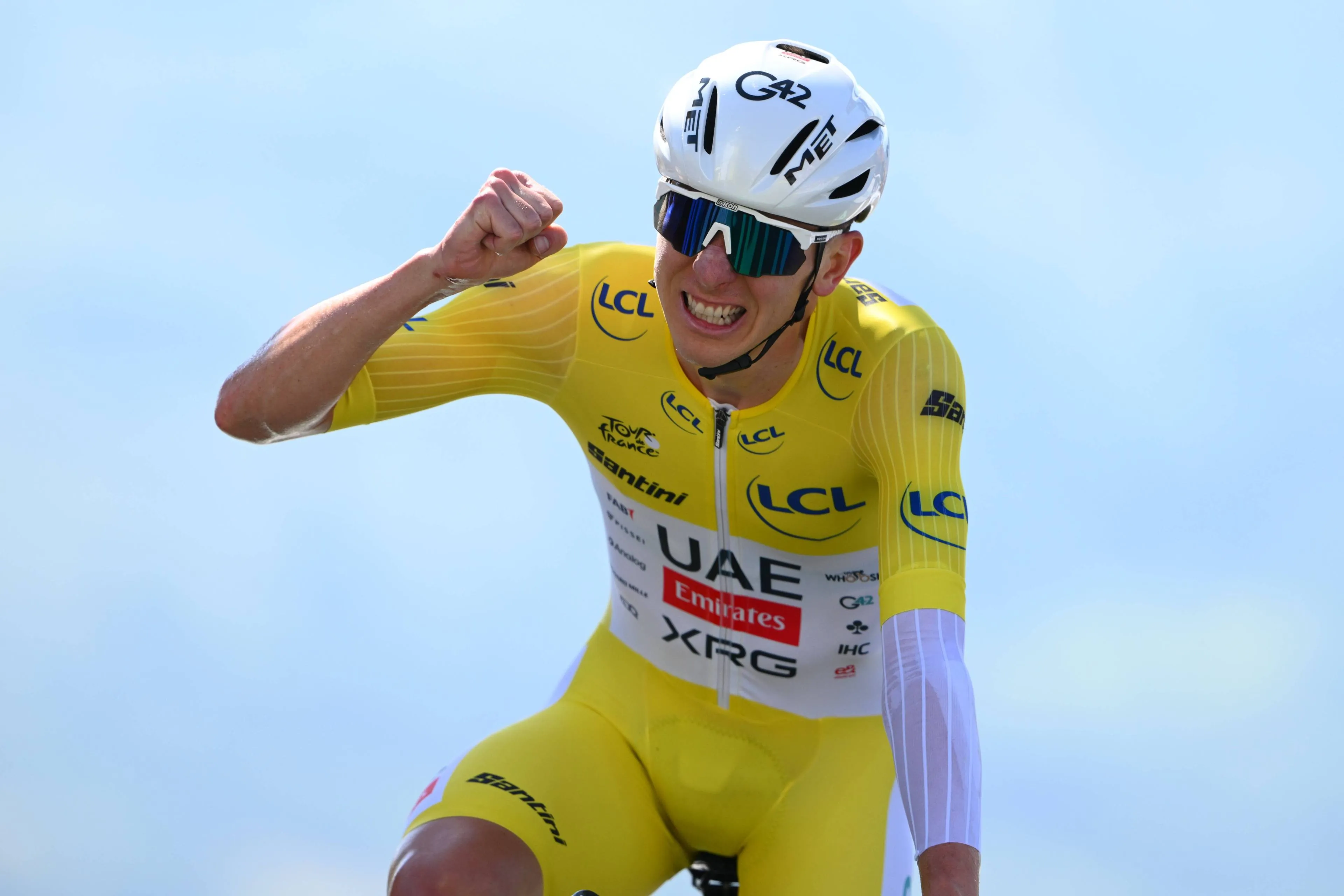
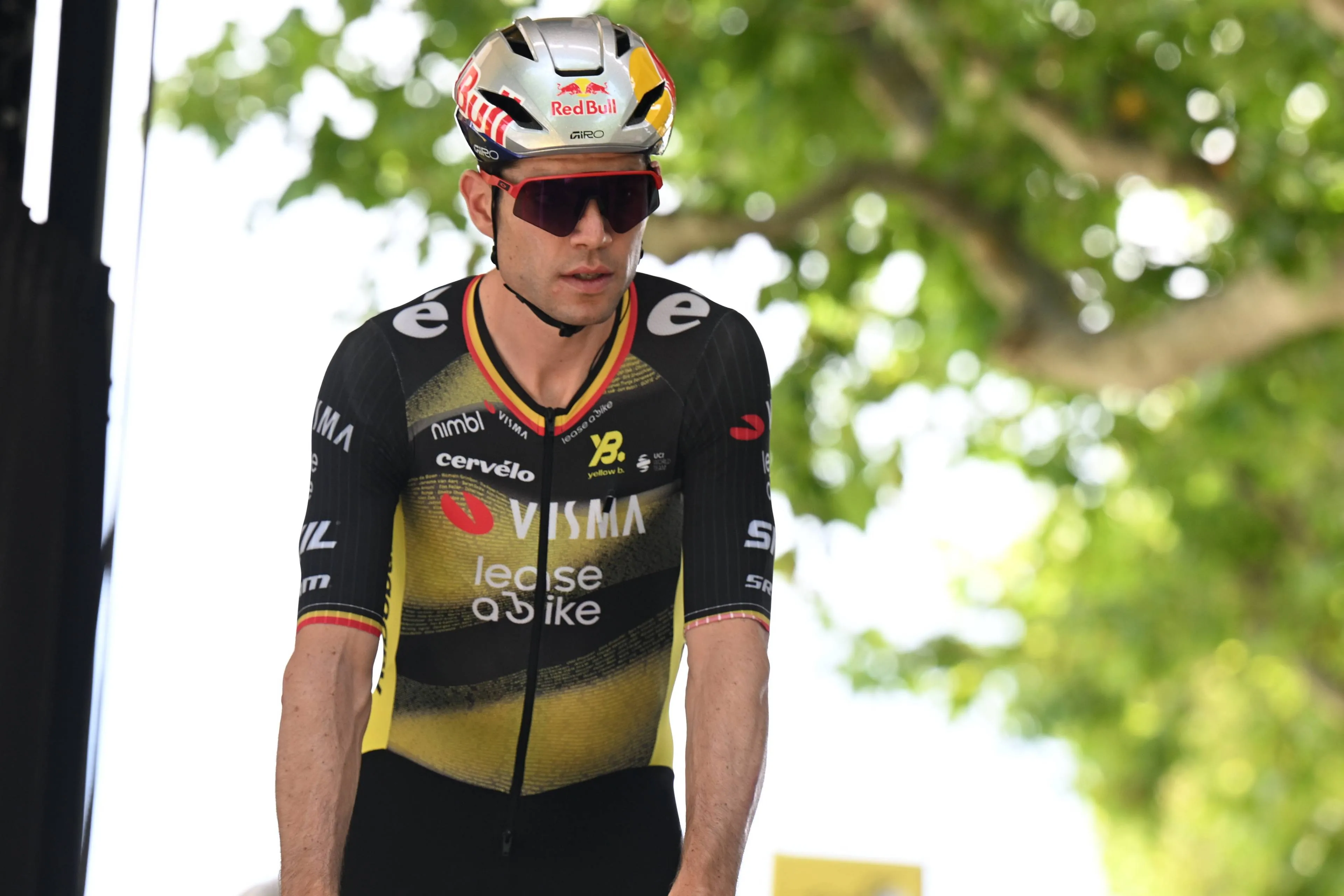
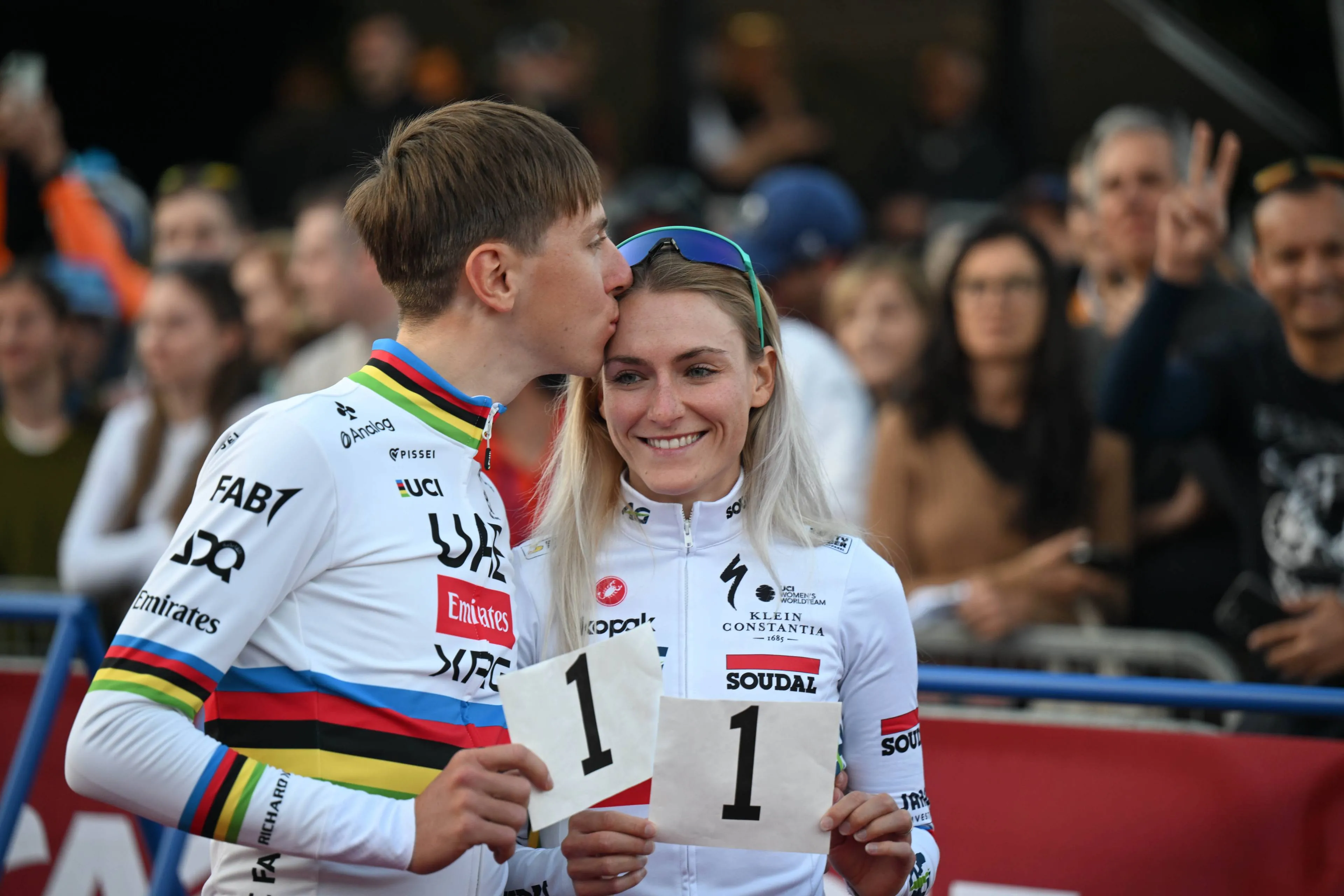
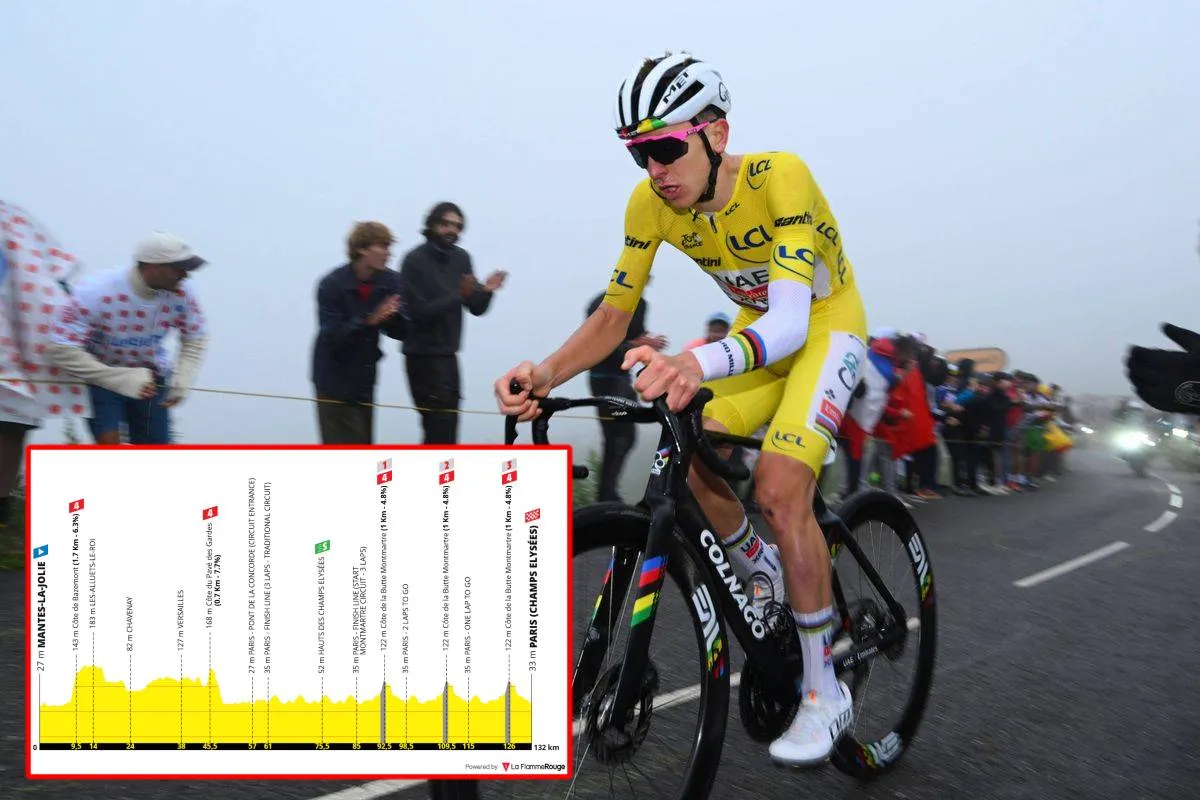
If you patronise in the wrong way, you are encouraging people to do whatever it takes, yes. If you throw your money at sport so that money becomes the prime driver for performance, it encourages more cheating, yes. It’s unfortunate but it IS part of the consequences. There are ways to follow the sport without money concentrating where it shouldn’t, just like there are ways and choices for consuming any product. It’s of course an extreme argument, nonetheless, if you want to prevent things going wrong, you need to look ahead to see how that might happen. That includes, how to deal with ideas like One Cycling, Enhanced events. I would guess that cycling took doping a bit more serious after Uknowletsnotnamehim is because they saw the whole story (mediaworthy and ironically therefor potentially money-making) as capable of turning away audiences and probably it did, had it not, they might have just swallowed and waited.